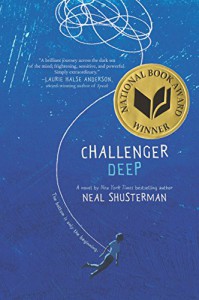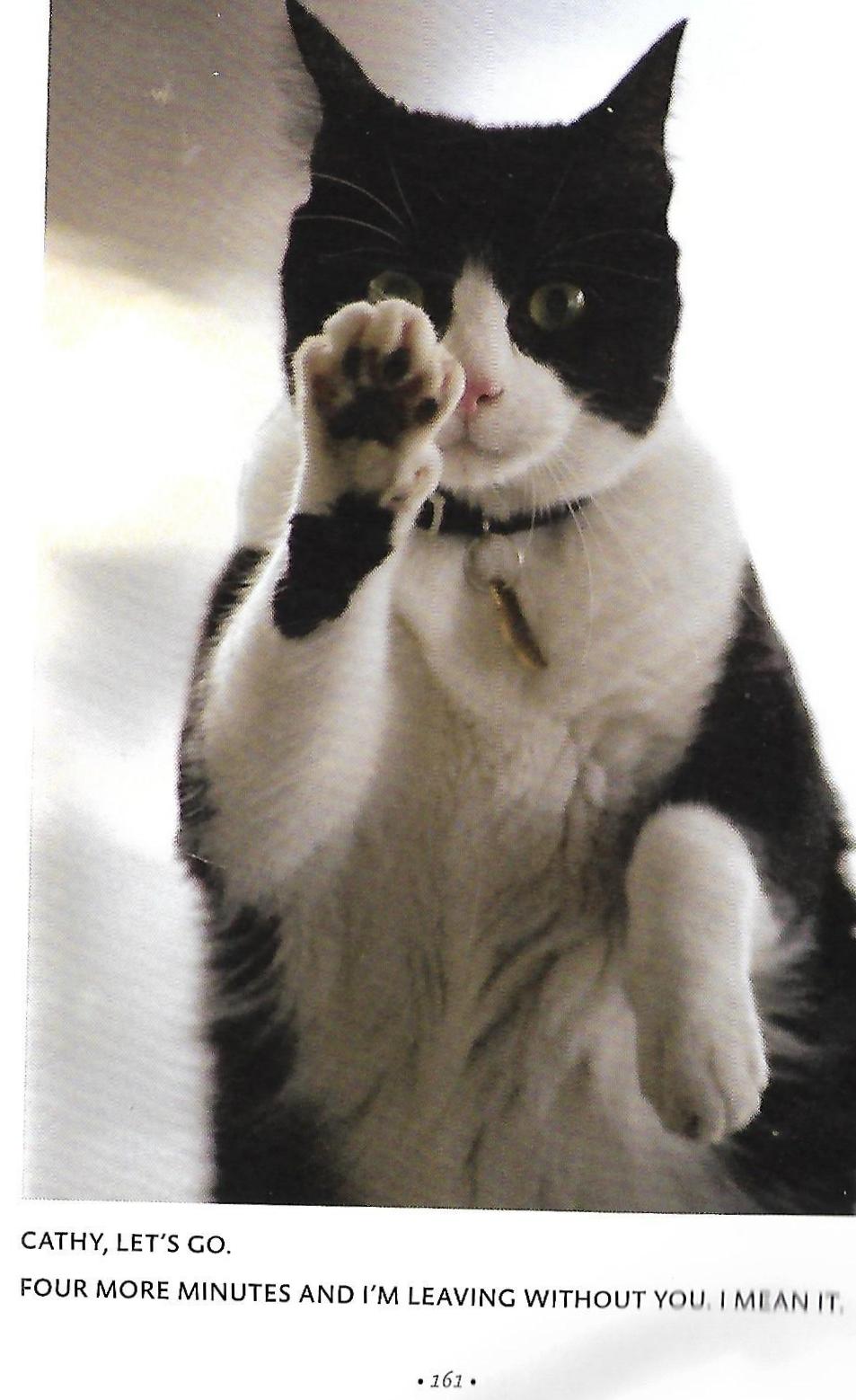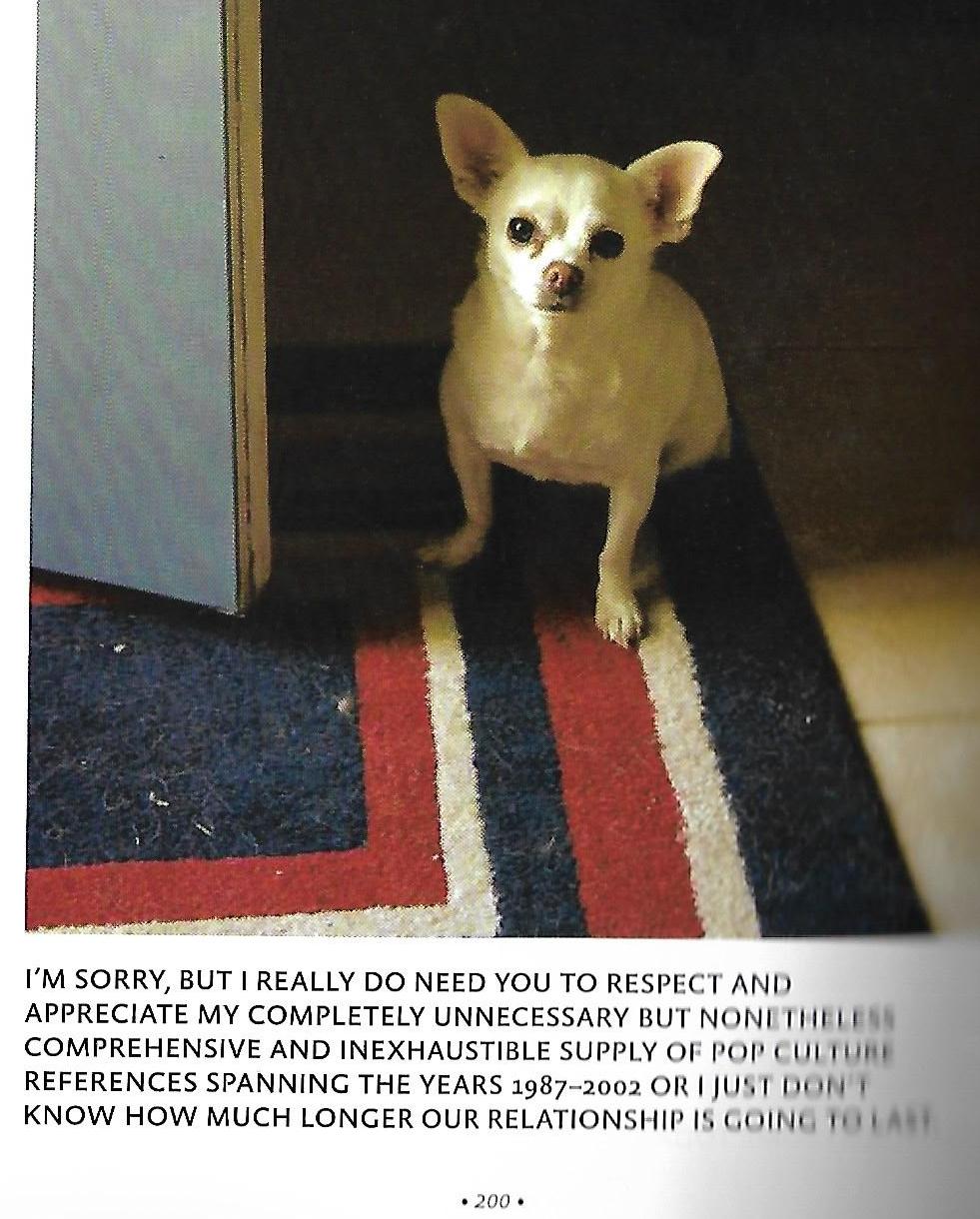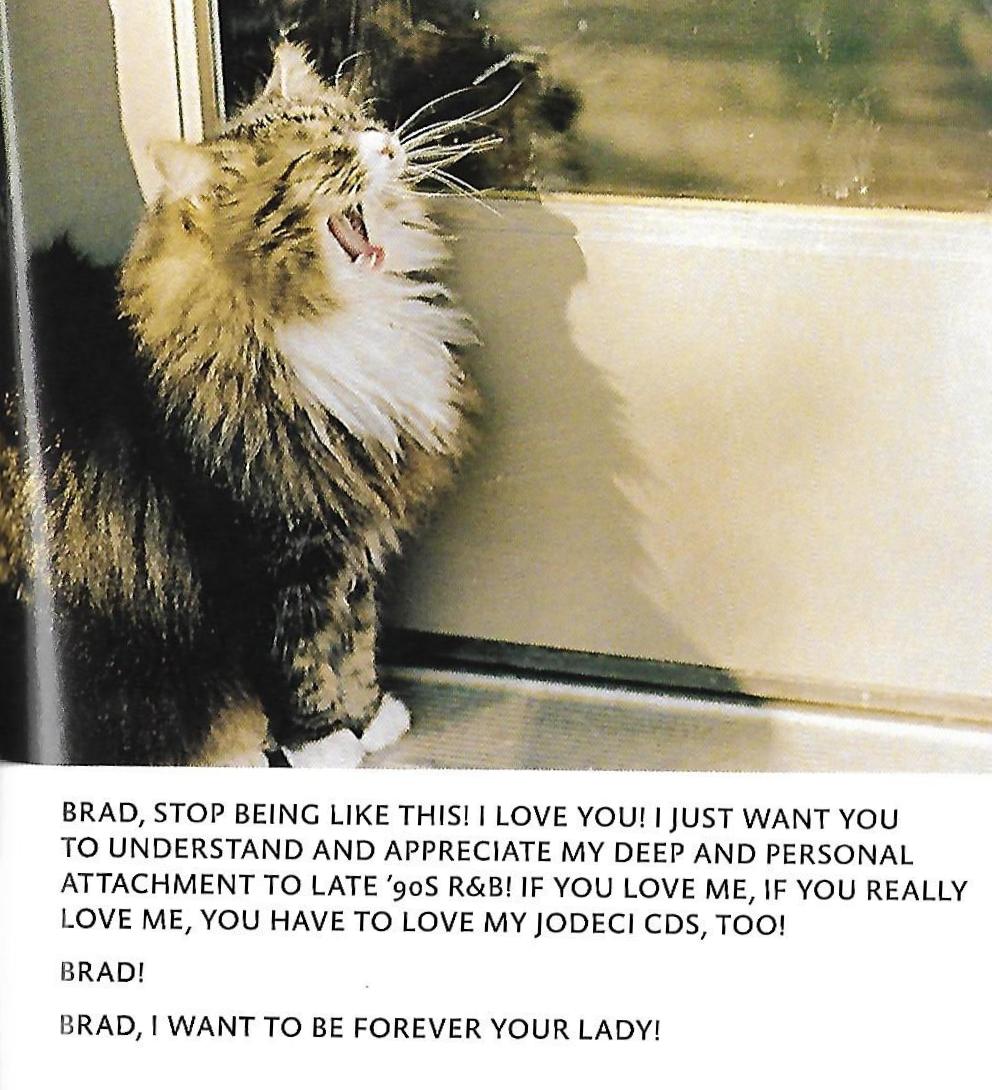Jeanne Marie Laskas first met the young forensic pathologist Dr. Bennet Omalu in 2009, while reporting a story for GQ that would go on to inspire the movie Concussion. Omalu told her about a day in September 2002, when, in a dingy morgue in downtown Pittsburgh, he picked up a scalpel and made a discovery that would rattle America in ways he’d never intended. Omalu was new to America, chasing the dream, a deeply spiritual man escaping the wounds of civil war in Nigeria. The body on the slab in front of him belonged to a fifty-year-old named Mike Webster, aka “Iron Mike,” a Hall of Fame center for the Pittsburgh Steelers, one of the greatest ever to play the game. After retiring in 1990, Webster had suffered a dizzyingly steep decline. Toward the end of his life, he was living out of his van, tasering himself to relieve his chronic pain, and fixing his rotting teeth with Super Glue. How did this happen?,Omalu asked himself. How did a young man like Mike Webster end up like this? The search for answers would change Omalu’s life forever and put him in the crosshairs of one of the most powerful corporations in America: the National Football League. What Omalu discovered in Webster’s brain—proof that Iron Mike’s mental deterioration was no accident but a disease caused by blows to the head that could affect everyone playing the game—was the one truth the NFL wanted to ignore. Taut, gripping, and gorgeously told, Concussion is the stirring story of one unlikely man’s decision to stand up to a multibillion-dollar colossus, and to tell the world the truth.
Amazon.com
Awhile back I picked up the book League of Denial, a nonfiction book by ESPN sportswriters (and brothers) Mark Fainaru-Wada and Steve Fainaru. When I later went to watch the film Concussion starring Will Smith, it felt like almost a play by play of that book so I was guessing it was used as a reference. Admittedly, I wasn't watching the opening credits that closely where I would have likely seen that the movie was actually inspired by this book by Jeanne Marie Laskas. Well, technically this piece started as a 2009 article Laskas wrote for GQ magazine entitled "Game Brain", which she then expanded into this book. But once I did discover the Laskas credit, I figured why not go ahead and check out her book too. So here we are post-read. My thoughts? Hmm, a mixed bag, I think.
If you enjoyed the film but haven't picked up League of Denial, this will definitely give you an interesting background look at the key players in the history of the discovery of CTE (Chronic traumatic encephalopathy). And it's a short read to boot, so there's that. But having now covered both books, my personal recommendation -- if your primary interest is on the topic of CTE itself -- would be to put your focus on the League of Denial book. Laskas even gives LOD a shout-out in her acknowledgements.
Laskas' book Concussion, while it can't help but hit upon some of the same material covered in League of Denial, felt more like a general biography of Dr. Bennett Omalu. Omalu's work with his mentor, Cyril Wecht, the discovery of CTE, all that ... Laskas doesn't really start to delve into that until about 90 pages in. So I found the title of Laskas' book to be a little misleading. You'll still learn the basic bulletpoint facts of CTE from her book, but you'll come away much more knowledgeable going with the Fainaru Bros. book. It feels a little odd saying that, as Laskas acknowledges spending quite a bit of time with Omalu himself, even having him write portions of this book himself, but that's my take-away.
That being said, I did enjoy the reading for the chance to get a little better background & insight into the man himself. Dr. Omalu is certified in four different areas of pathology: anatomic, clinical, forensic and neuropathology. He also holds SEVEN separate degrees including two doctorates, a masters in business administration and a masters in public health! It was interesting to learn the fitting history & meaning behind Omalu's name. Omalu is the shortened version of his original Igbo name Onyemalukwube, translating to "If you know, come forth and speak." His first name, Bennett, has a meaning of "blessed". Even his middle name, Ifeakandu (the name of the doctor who delivered him in Nnokwa, Africa in 1968 during the Igbo genocide), translates to "life is the greatest gift of all". Clearly, his parents envisioned glorious things for him, and it turns out they weren't wrong!
Omalu started schooling at the age of three rather than the traditional starting age of five, mainly because he didn't want to be separated from his close-in-age older brother, Chizoba. But it didn't take long for teachers to see Omalu was quite gifted in intelligence. At age 12 he was awarded a scholarship to attend a school for gifted children, but since Chizoba didn't qualify, a separation of the boys was inevitable. Omalu did so well that he was able to START MEDICAL SCHOOL AT 16!! Omalu got into Enugu University in Nigeria, the same medical school where his older sister, Uche, got her medical degree. Seriously one impressive family in the brains department! (Sidenote: it's also where author Chinua Achebe was a professor).
Though things were going well for him academically, Omalu still felt the pressures of continuing conflict between Muslims and Christians in the area. After an episode involving a mental breakdown, it was thought maybe moving to the United States might help Omalu get a grasp on his mental health. His family pooled money together to get him on a flight to the East Coast of the US, but not before a somewhat laughable experience his brother set up: Omalu's brother arranged for a local prostitute to come by and de-flower him before he left Africa, but Omalu says the prostitute's "soulless eyes" spooked him so bad he chickened out. A neighborhood girl ends up getting the job done LOL
Once in the States, Omalu's struggles with depression continue. He also finds himself surprised by being faced with racism in the US, a land he had always pictured as a sort of paradise priding itself on equal opportunities for everyone. But he does find that professionally, putting his emphasis on labwork rather than patient interaction does give him some level of comfort in the matter. Omalu develops a fascination with the field of forensics because of death being "the great equalizer" (meaning that it sort of levels the playing field in that "all this, you can't take it with you" kind of way). He goes on to obtain a position as a coroner under the mentorship of Dr. Cyril Wecht (wonderfully played by Albert Brooks in the film).
Wecht's own career gained notoriety after he discovered JFK's brain went missing post-assassination autopsy. Wecht was asked to join a forensic panel to re-investigate the shooting of President Kennedy, and he was one of the first to come out and suggest the possibility of more than one gunman. Wecht went on to cover more high-profile cases: claiming that the death of Elvis Presley was likely a drug overdose, not a heart attack; Marilyn Monroe was possibly murdered; OJ Simpson did it but had help; JonBenet (in his opinion) was killed by her father during an act of molestation; he even weighed in on the cases of the Branch Davidians, Laci Peterson, Anna Nicole Smith, and the multiple murders instigated by Charles Manson.
Omalu credits Wecht for giving him the freedom to research hunches regarding the possible existence of CTE in the cases of the football player autopsies. Wecht pushed Omalu to drop the meekness and become fearless, even ruthless if need be, about fighting cover ups by powerful corporations. At the age of 76 (the age where the film introduces him), Dr. Wecht was put on trial for mail and wire fraud, being accused of illegal use of government resources for his personal benefit. Wecht claimed it was just a ploy by people in power to get the attention off the discovery of CTE and the damage it could do to the all-powerful NFL (* Might sound crazy reading that, I know, but once you take in the books & film, his stance DOES make more sense... as Brooks' character says in the film, "Sunday used to belong to God, now it belongs to the NFL", in reference to the insane mountain of millions upon millions of dollars the NFL generates in revenue each year). Omalu, who loved Wecht like a father, was persistently pushed to testify against him.
Because of Wecht's support of Omalu's desire to seek the truth, Omalu was able to pinpoint the specifics of CTE. Though Omalu left the brain of Mike Webster, his first professional football case, in storage for a month before studying it, once he dove in the findings were extraordinary. Dr. Omalu came to find that tau, a kind of lubricant, fluidy material in the brain, actually exists in ALL brains in small amounts. It's when TOO much builds up that you get problems. Persistent head traumas seem to up the production of tau, causing bundles of neurofibrillary tangles which then start to strangle out and kill off healthy brain cells. As more brains of football players found their way under Omalu's microscope, he furthered his investigation by interviewing survivors of the deceased players, building up case histories documenting evidence of speech and behavioral changes (for the worse) in the years prior to death, cognitive delays, financial struggles, scenes of domestic violence, marriage bust-ups, all the pitfalls of life you can imagine. He even went back and laid out the history of dementia pugilistica or "punch drunk syndrome", historically found in professional boxers... the symptoms? Nearly identical to those that Omalu's football playing cases complained of prior to their deaths.
So all in all, a solid study into the life of Dr. Omalu himself, but when it comes to more specifically addressing the topic of CTE, this book comes off feeling like more of an overview. The writing style is entertaining to be sure, having much the feel of a sports documentary narration, but more "highlights reel" than anything.
_________________
EXTRAS:
>> The genocide of the Igbo people in the 1960s was later given the name Nigerian Civil War / Biafran War (1966-1970) after the tragic killings started receiving worldwide media coverage. Tens of thousands of Christian Igbo citizens of Nigeria, Africa were slaughtered by the Muslim Nigerian Army. Omalu's family was forced to flee their homeland just to survive.
>> The book includes a several pages long glossy insert of photos covering Omalu's life. One photo shows the real Julian Bailes, played by Alec Baldwin in the film Concussion.
>> Speaking of the film, the relationship between Omalu and his wife was MUCH more romanticized in the film (no surprise). No saying the marriage isn't good between them, just saying when you read the book, you find how the relationship unfolded wasn't quite how the movie laid it out. Also came to find out that the relationship between Wecht and Omalu was given a bit of a glossy finish as well... they actually didn't speak for seven years following the trial.

















 1
1


























